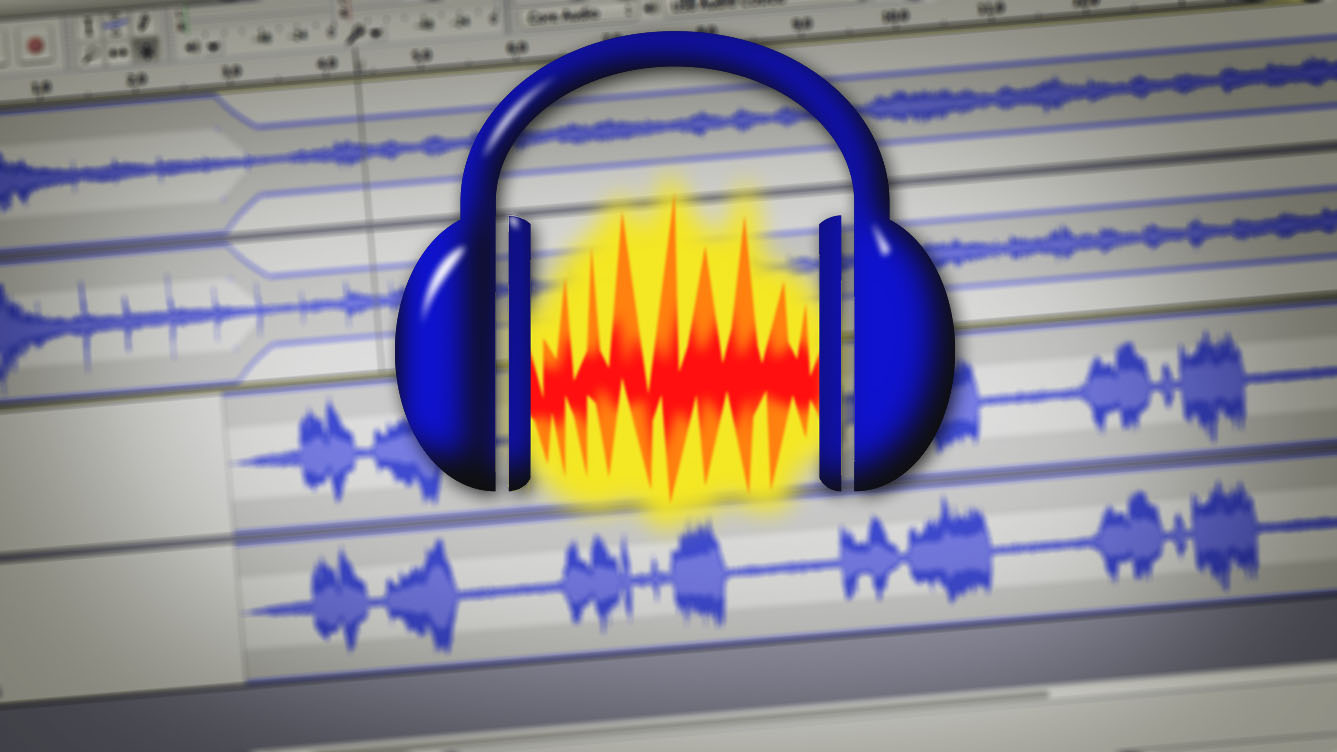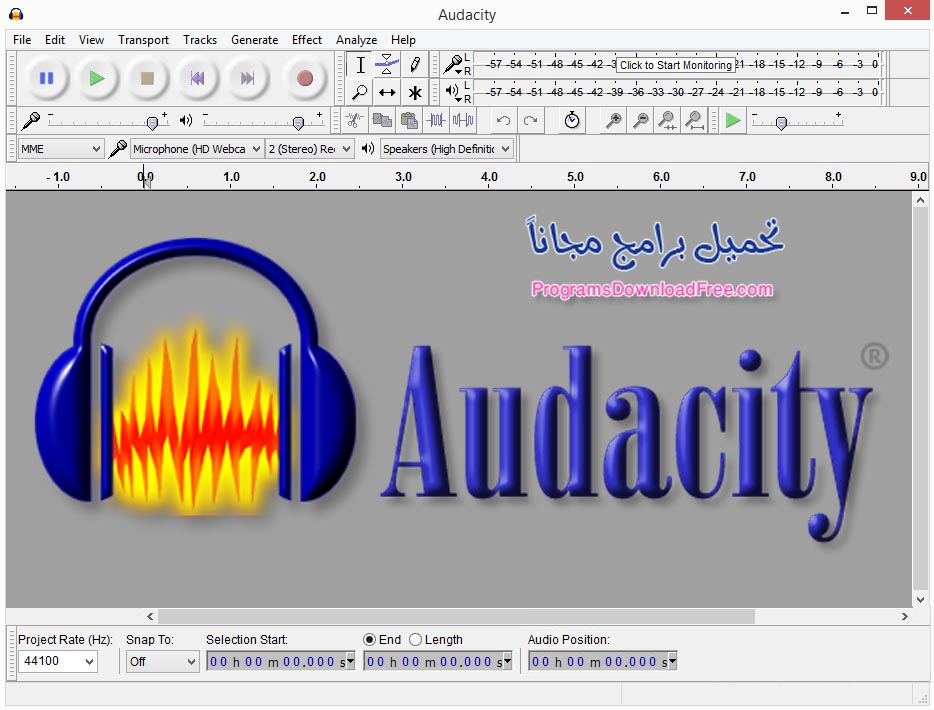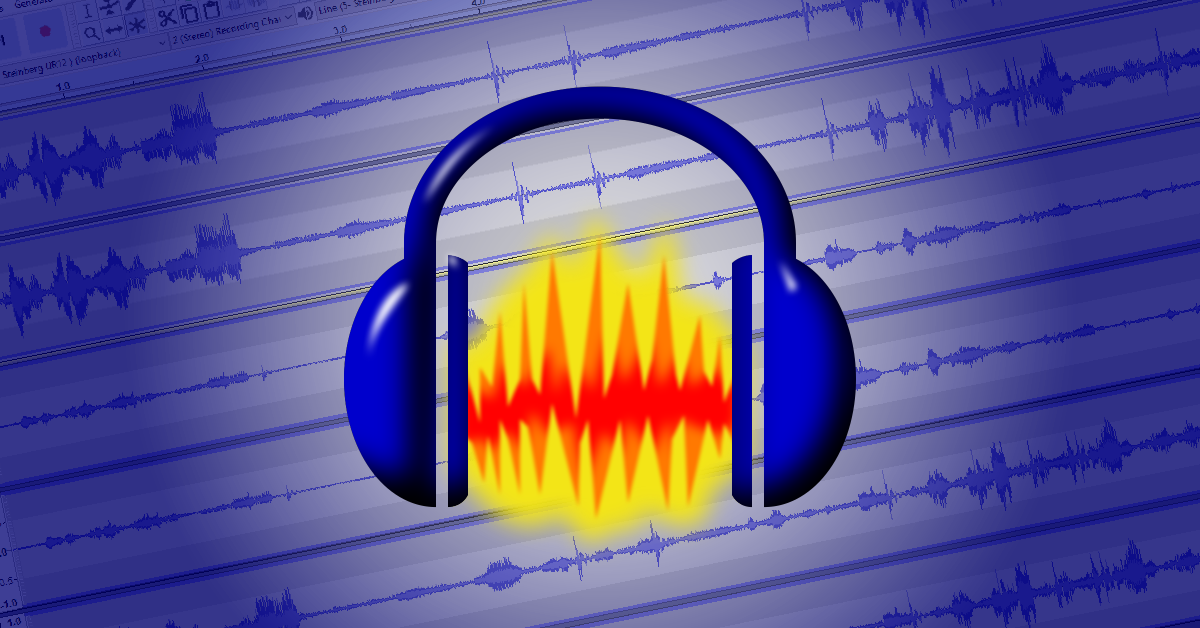

I don’t do any of this once I find settings I trust. You might silence corrections you don’t want before mixing.

If you duplicate a track, then isolate changes in one, you can listen to the tracks together to hear the repaired sound (the isolated clicks interfere destructively), or mute one to hear just the original or just the subtractions.You may notice that the attack of many consonants is somewhat affected, but you might judge that this is acceptable and sometimes even helpful. You don’t want to hear a lot of “murmur” so that you almost understand the words: your settings are taking overtones out of your vowels and muffling the voice. Or, choose Isolate Changes to hear only what is subtracted from your signal. In either tool, choose Apply Changes to hear just the results.

(I’ll blame garbage collection.) But I have improved performance much over the previous version.Īs mentioned below, do low-frequency rolloff (highpass filtering) before De-Clicker for slight improvement of some results. Compute time does unfortunately go nonlinearly with length of the track to some extent. I treat typically no more than a half hour at once. So select it and fix it and move on, don’t fuss with zooming in and out. The surrounding signal is usually unaffected. Yet the nice thing is that you do not have to select the interval around the click very narrowly. But such settings may be too slow and too aggressive for batch treatment. I successfully treat most of the more resistant clicks by hand with a single pass and double the number of bands: NOT by lowering the dB threshold control. Do you have different opinions about good default settings? Let me know. The default settings in both tools are the ones I favor now for treatment of whole tracks. I did not intend this for music or vinyl repair, but I would like to hear whether it has unexpected other uses. I also present a de-esser using similar methods that fell out as a by-product.ĭe-Clicker is designed for filtering of natural but undesirable noises that take a few milliseconds to decay, not for repairing spikey damage to a digitized signal.

Here are the latest improvements to the plug-in I am developing for filtering out of wet mouth noises and clicks from my narrations.


 0 kommentar(er)
0 kommentar(er)
